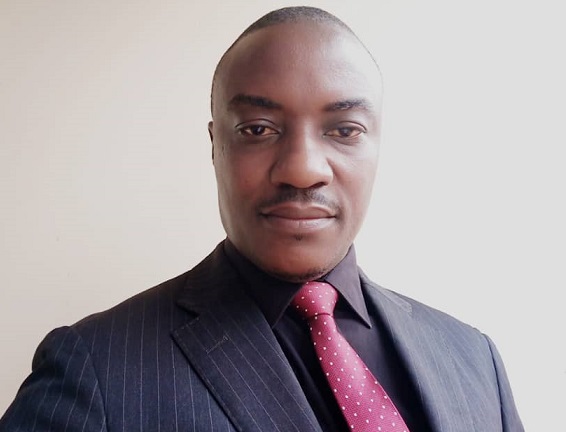News
Opinion: How Modern Political Parties Are Conduits of Money Heist

By Denis Muteguya
In the grand theater of democracy, political parties stand as the protagonists of the democratic process, bridging the chasm between the governed and the governors. Yet, an insidious metamorphosis is taking place: these guardians of public trust are increasingly seen as siphons of financial plunder, diverting the flow of resources from the needy to the greedy. This discourse delves into how opposition parties, those who should embody the moral high ground, often succumb to the allure of avarice. We shall traverse the political landscapes of Uganda and other African nations to unveil this unsettling phenomenon.
In the idealized vision of democracy, opposition parties are the vigilant sentinels, the moral compass, and the voice of the voiceless. They are tasked with holding the ruling power accountable, proposing visionary policies, and championing the collective good. Yet, when these parties become ensnared in the web of financial self-interest, they subvert the very essence of their existence. This betrayal is not an anomaly confined to a singular nation but a pervasive ailment afflicting many democracies across Africa.
In Uganda, the narrative of political parties is tainted by tales of financial misappropriation. The Forum for Democratic Change (FDC), a once-stalwart opposition force, now finds itself mired in accusations of fiscal malfeasance. Internal skirmishes over party funds and opaque financial dealings have eroded its credibility, diverting its energies from the noble pursuit of public advocacy to sordid financial wrangling.
The National Unity Platform (NUP), led by Hon. Robert Kyagulanyi Ssentamu, known as Bobi Wine, who captured the imagination of Uganda’s youth. Bobi Wine, a renowned musician and founder of the Fire Base Crew, transitioned from a life of music and activism to the turbulent waters of politics. Yet, even this beacon of hope faces scrutiny. Critics argue that the affluent lifestyles of NUP leaders starkly contrast with the grim realities of their supporters. Allegations of financial mismanagement raise uncomfortable questions about the true dedication of the party to its cause.
Surprisingly, opposition party members who represent people in parliament are also frequently implicated in money scandals. These representatives, who are entrusted with the mandate to safeguard public resources and advocate for the welfare of their constituents, often become entangled in financial controversies. Their involvement in corruption not only undermines their legitimacy but also perpetuates the cycle of mistrust and disillusionment among the populace.
This narrative of political parties as vessels of financial exploitation is not an isolated Ugandan tale but a continental affliction:
In Kenya, the Orange Democratic Movement (ODM), once a symbol of resistance, now grapples with accusations of financial impropriety. The specter of corruption haunts its corridors, undermining its legitimacy and capacity to challenge the status quo.
In Nigeria, the People’s Democratic Party (PDP), a political behemoth, finds its reputation sullied by numerous corruption scandals. The misappropriation of funds by high-ranking officials has eroded its stature and moral authority.
In South Africa, the Economic Freedom Fighters (EFF), a party founded on the principles of economic justice, is ensnared in allegations of financial misconduct. These controversies detract from its mission and tarnish its crusade for equity and reform.
The siphoning of funds intended for the public good into private coffers is more than a breach of trust; it is a philosophical descent into moral bankruptcy. This diversion of resources has profound repercussions:
When opposition parties, entrusted with the mantle of integrity, are perceived as corrupt, it corrodes the public’s faith in the entire political edifice. Disillusionment sets in, and the populace withdraws from democratic engagement.
The moral authority of opposition parties is pivotal in scrutinizing the ruling government. When tainted by corruption, these parties lose their potency and the ability to hold the government to account.
Financial scandals become the vortex, drawing in the energies of political leaders and distracting them from the pressing issues of poverty, unemployment, and inadequate healthcare. The real battlefields of policy and advocacy are abandoned for the murky arenas of internal power struggles and financial disputes.
The degeneration of political parties into conduits of financial malfeasance is a profound concern that strikes at the heart of democratic governance and societal welfare. In Uganda and across Africa, the imperative for opposition parties is clear: they must cultivate financial integrity and transparency to reclaim their role as defenders of the public trust. By implementing rigorous internal controls, promoting transparency, and prioritizing the collective good over personal gain, these parties can restore faith and contribute meaningfully to the democratic process. Only through such a renaissance can they transcend the mire of corruption and emerge as true stewards of democracy and justice.
